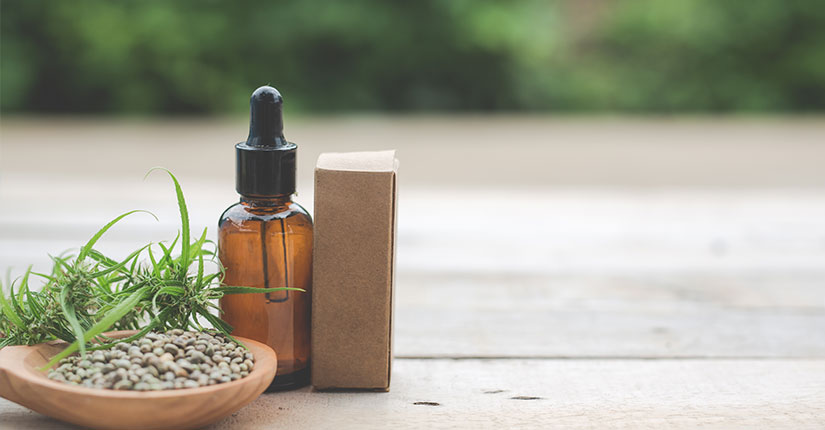Who is too young for sex
By Nmami Agarwal 12-Jan 2021 Reading Time: 10 Mins

Humans are naturally exploratory beings. As we develop, we engage with the world around us using all our senses, such as crawling around in a grassy field on a summer day, feeling the warmth of the sun on our skin, the gentle breeze blowing through your hair etc. Our skin is the single largest organ and when touched, can generate pleasure.
Sexual feelings, attractions, fantasies and desired affect virtually all the people from (at least) puberty onwards. The age at which people first begin to act on their sexual interests varies widely and can be affected by a large range of factors including biological developments, hormonal changes or levels, cultural factors, religious and moral views, upbringing, self-esteem, education and socio-economic status.
Considering, the average age of puberty for girls is 12 to 13, 13 to 14 for boys. In common with the other aspects of development, the age at which puberty occurs varies widely from person to person. It is considered typical for the onset of puberty in different individuals to start as young as 8 or to be delayed until 16 or 17.
Too young to have sexual intercourse? In the context of evolving international concepts of adolescents’ rights, changing norms and demographic indicators suggest that early sexual behaviours are often based on the age group of 15-19. Additionally, more than a third of women and a quarter of men in their teens and early 20s admitted it had not been “the right time” when they first had sex.
Adolescents is generally considered as the age period from 10 to 19 years. This stage is navigated with sexual transitioning, new territories of puberty and the onset of sexual activity. Puberty is a stage that typically precedes the onset of sexual activity, this phase is an opportune time for health-related interventions. Further-more, a low number of young adolescents are sexually active. In the course of male and female, there are categories for assessing the extent to which the timing of sexual transitions among male and female adolescents are weighed as “too young” from different perspectives such as physiological readiness of the body for intercourse, the cognitive capacities of younger and older adolescents and institutionalized concepts of “old enough” for consent of sexual intercourse.
Stimulated by a cascade of endocrine changes, the process of bodily growth and sexual maturation is accompanied by a series of emotional, cognitive and behavioural transformation. The timing of puberty differs across individuals and groups. Such disparities offer an interesting perspective on the physiological “readiness” of the male and female body for sex in different settings.
According to a research, nearly 40% of young women and 26% of young men did not feel that their first sexual experience had happened “at the right time”. When questioned further, most said they wished they had waited longer to lose their virginity. Few said they should have done it sooner. Most of them had sex by the time they were 18, some had done it by the time they were turning 17. Nearly a third had sex before turning 16.
Most sexual activity is likely to be consensual. The minor age group who are consensually sexually active may also be at significant and, sometimes, life-threatening risk of harm if they are unable to access services to protect them from unwanted pregnancy and sexually transmitted infections. There is an absolute indication that, where young people do not believe a service to be confidential, they will not use the service and may come to significant harm as a result.
Weighing, how important one’s first sexual experience can be in establishing normal sexual relations and romantic pairings, it’s essential that potential risks such as pregnancy and sexually transmitted disease should be recognized. Research frequently shows that adolescents who have a sexual debut before age 15 are less likely to use contraception than those who debut in the normative or late groups. More or less, they are even more likely to have a history of substance abuse and emotional problems.
This can only be expressed by the amount of detail a child gives about sexual acts that should not be familiar to him or her. For instance, a 3-year-old child should not be able to describe in detail what happens during sexual intercourse. Young children who have first-hand knowledge of sexual acts likely have been sexually abused or have been exposed to sexual activity. This exposure can be an enticed or forced witnessing of sexual behaviour. It may take place in person or through media sources, such as pornographic videos.
Is there an ideal time for a first sexual experience? Despite the controversies surrounding first-time sex, most young people become sexually active well before adulthood. Sexually active (as in the first sexual experience) is classified as “early” if it occurs before age 15, “normative” if it occurs between 15 and 19, and “late” if it occurs after the age of 19. Acknowledging that sexual activities, whether early, normative, or late, can carry both risks and rewards allows young people to make informed choices about what can be one of the most important decisions of their lives.
The net result, that claims for both men and women to understand is that sex comes with its own baggage, both emotionally and physically. Your body develops change, you feel a range of emotions which was not felt before and this consequently forms the relationships. Agreeing that sex is vital for health and can seem like a very big deal at a particular age, keeping in mind all aspects before one indulge in sex and then may regret it later. Submitting to temptations just because your friends are ‘doing it’ is not the right way to go about it and should not be considered at all costs.
Over to you:
Thus, there is always a right time for everything and it goes being in the “right age” to have sex which according to experts, 18 is the right age for both men and women to become sexually active because there is a lot to consider before you do. What’s most important is: You should never feel pressured to have sex by your partner, friends or anyone else and practice safe sex.





















